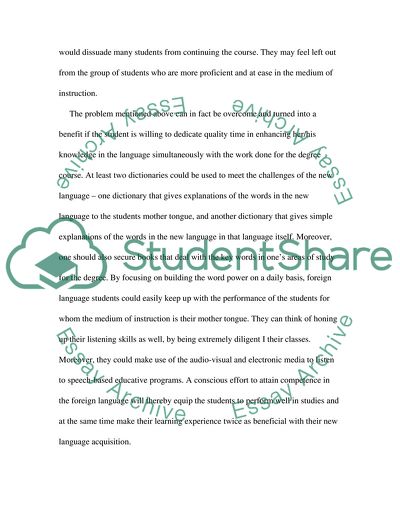Cite this document
(“Degree in a Language Other than Ones Mother Tongue Article”, n.d.)
Retrieved from https://studentshare.org/english/1544723-degree-in-a-language-other-than-ones-mother-tongue
Retrieved from https://studentshare.org/english/1544723-degree-in-a-language-other-than-ones-mother-tongue
(Degree in a Language Other Than Ones Mother Tongue Article)
https://studentshare.org/english/1544723-degree-in-a-language-other-than-ones-mother-tongue.
https://studentshare.org/english/1544723-degree-in-a-language-other-than-ones-mother-tongue.
“Degree in a Language Other Than Ones Mother Tongue Article”, n.d. https://studentshare.org/english/1544723-degree-in-a-language-other-than-ones-mother-tongue.


